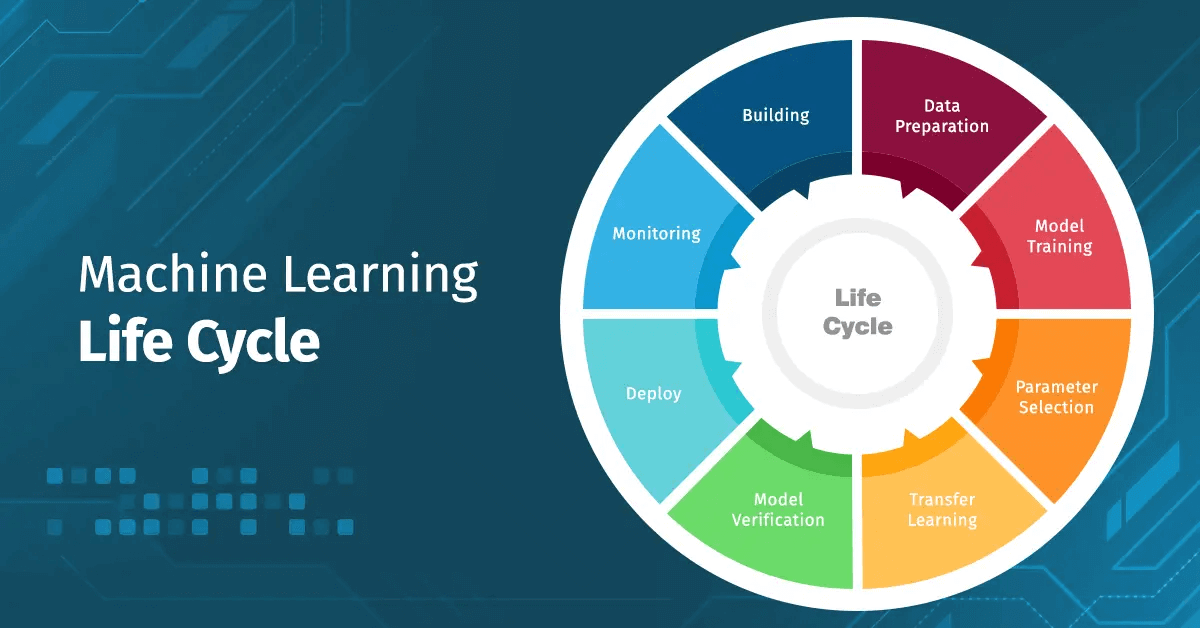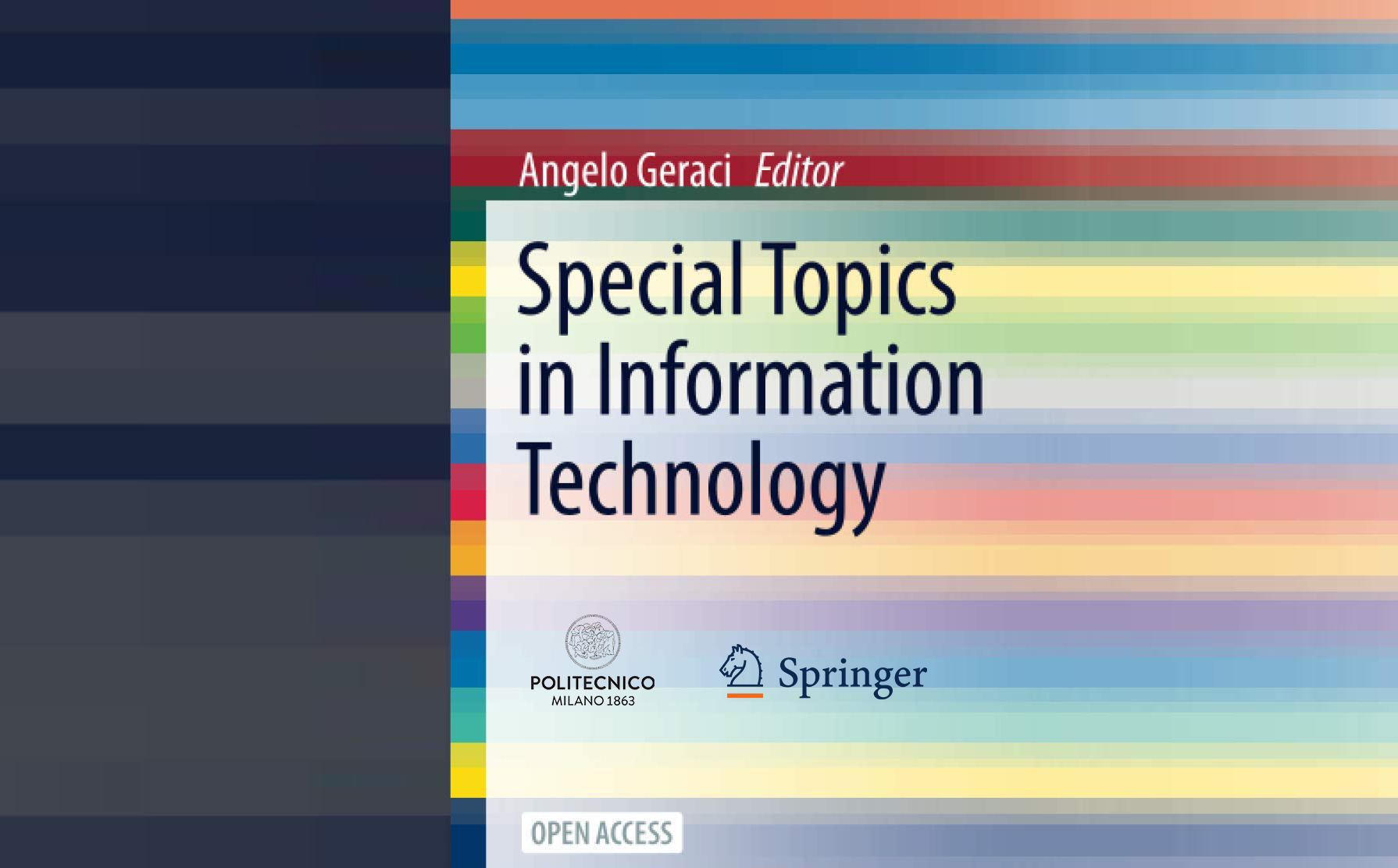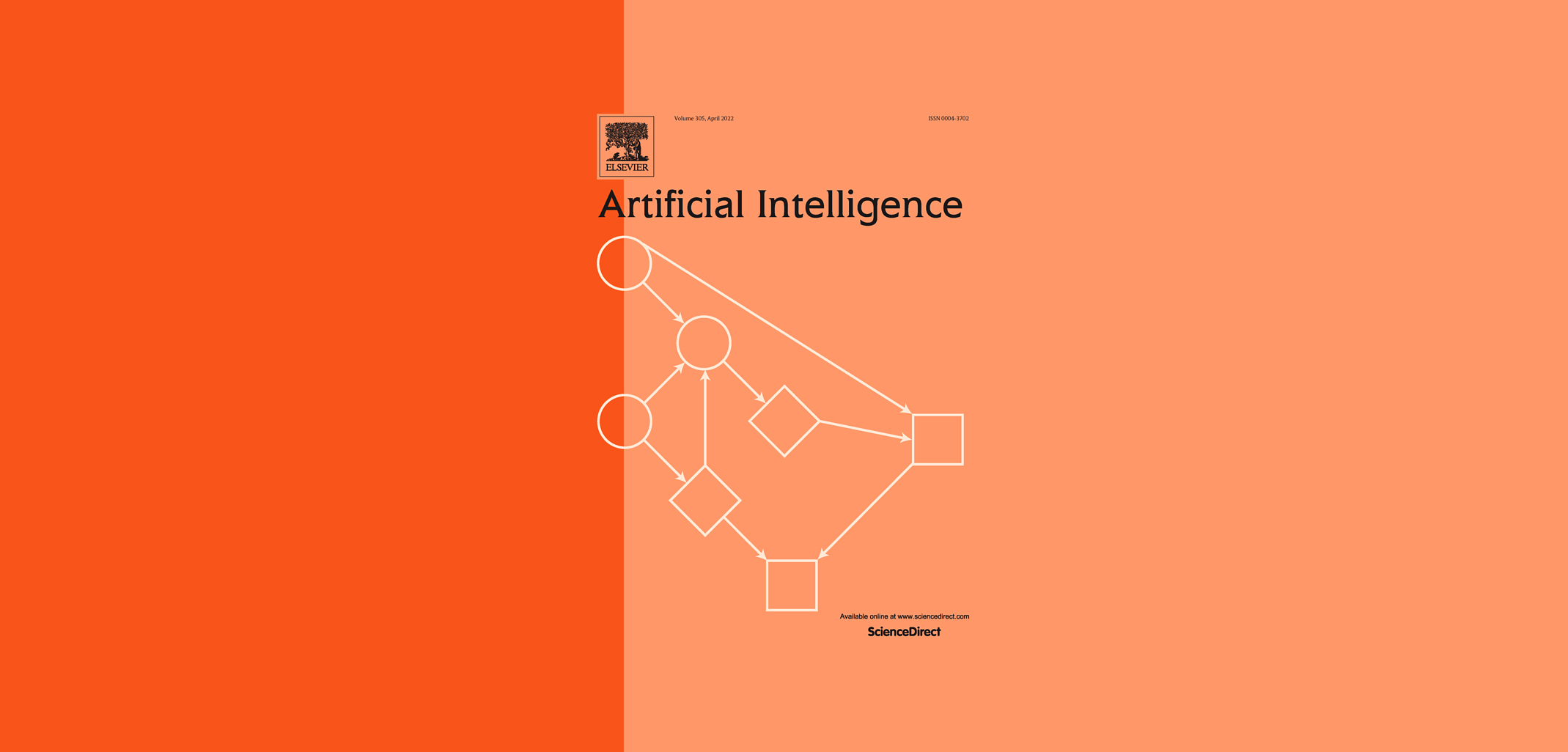Machine Learning Models Life Cycle
In the last years, always more companies started introducing AI systems impacting their business. Machine Learning is used in e-commerce, advertisement, health, finances, driving, industry, and many other contexts. Besides the big tech players such as Google, Microsoft, Amazon and IBM, many new startups born each year raising investments over $40.4B in 2018 (see page […]







